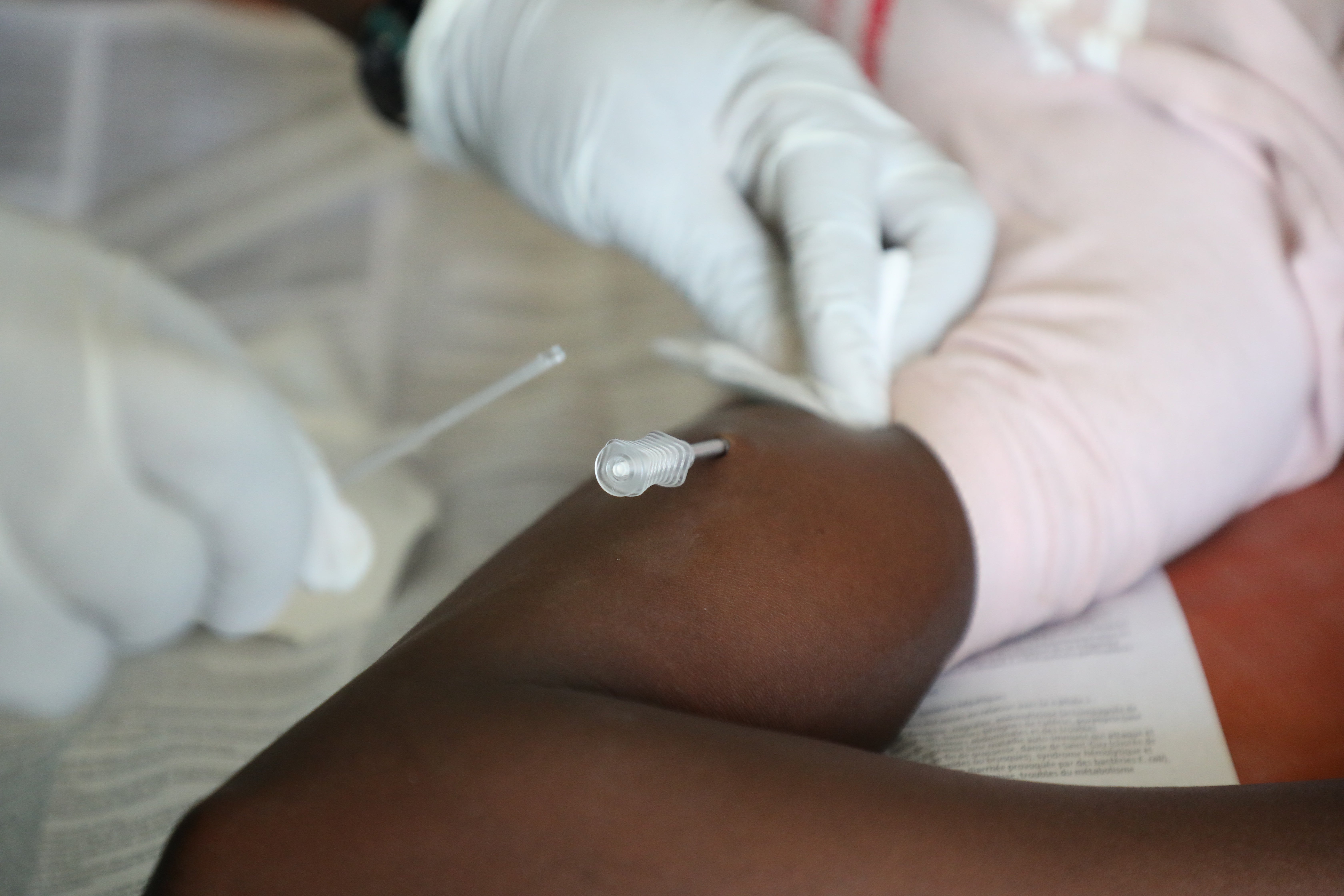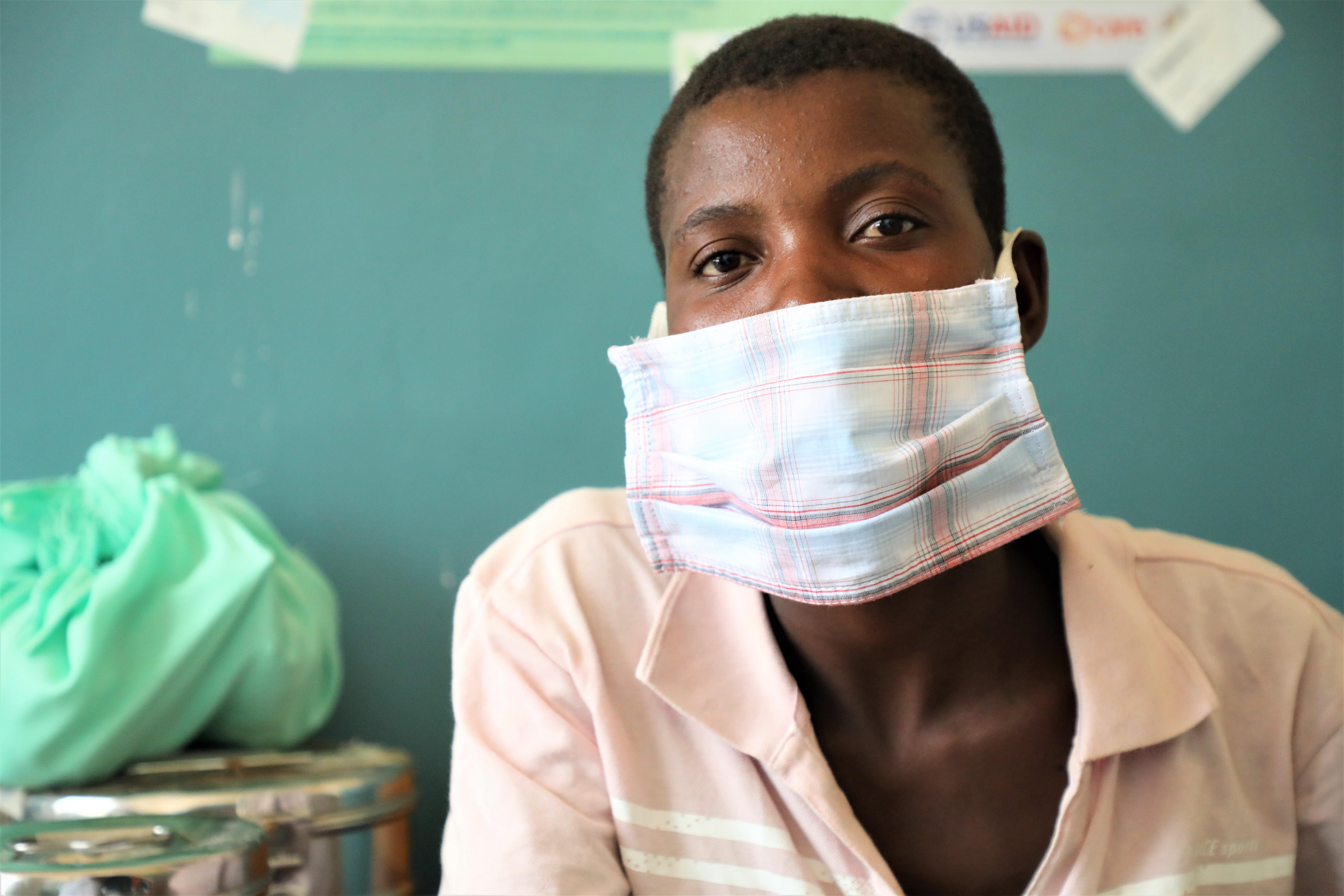Thokozani Blamu from Lundu village in Nsanje got pregnant at the age of 17. As per her local customs, she had to get married to the boy responsible for the pregnancy. During the early days of the marriage, all seemed rosy.
“I was happy,” she says. “My husband was showering with many gifts. He worked hard to ensure I got what I wanted.”
However, a year into marriage, Thokozani looks back with regret. Thokozani, who grew up with an ambition to become a nurse, feels she could have made a better decision to prevent getting pregnant and finish her education.
“Some of my friends are now in college, and I am a house wife,” she says. “I depend on my husband for survival but life hasn’t been easy compared to when we married,” explains the mother of one.
Early marriages and poverty
In Malawi, early pregnancy remains a major challenge. By the age of 18, 47 percent of girls are already in marriage and 29 percent of girls aged 15-19 have begun child bearing, which is contributing 25 percent of all pregnancies annually.
Also, 30 percent of all of maternal deaths in Malawi occur in adolescents. But for Thokozani, she was lucky as she had a safe delivery. However, biting poverty is now haunting her. As a school dropout, she doesn’t have any skill to fend for herself.
“My husband relies on doing menial work in the surrounding communities,” she says, adding, “Most of the time he comes home empty handed, meaning sleeping on an empty stomach.”
The demands of parenting and working on the family farm has also left her drained, exhausted and frustrated.
“This is my second season farming but I am yet to produce enough food to take us to the next season,” says Thokozani. “This has been hard considering that my husband doesn’t work.”
These experiences have made Thokozani to rethink about her future. She reasoned with her husband so that she starts accessing family planning services.

“He didn’t object to the idea,” she says. “We are struggling with one child and can’t afford to have another one. Family planning is our only solution.”
COVID-19 and family planning
With the COVID-19 pandemic showing no signs of slowing down in Malawi, there have been fears that services such as family planning will not be prioritized. Latest research by UNFPA shows that in some countries, family planning services may be disrupted with resources going for the COVID-19 response.
In Malawi, UNFPA with funding from the UK’s Department for International Development (DFID), under the Tsogolo Langa (My Future) is working to ensure that these critical services are not disrupted.
The Tsogolo Langa programme is also empowering women and girls of child bearing age, to make their own informed choices, so that they can voluntarily and safely choose if and when to have children to ensure that their most intimate needs are met while we battle COVID-19.
For many young people like Thokozani, the continuity of sexual reproductive health and family planning services are not only vital, but will be key to shape their future.
“With family planning, I have been able to plan on child birth so that my child grows up healthy,” says Thokozani. “Also, choosing when to have another child will give me an opportunity to go back to school to pursue my dream of becoming a nurse.”
-Joseph Scott and Milika Mdala


